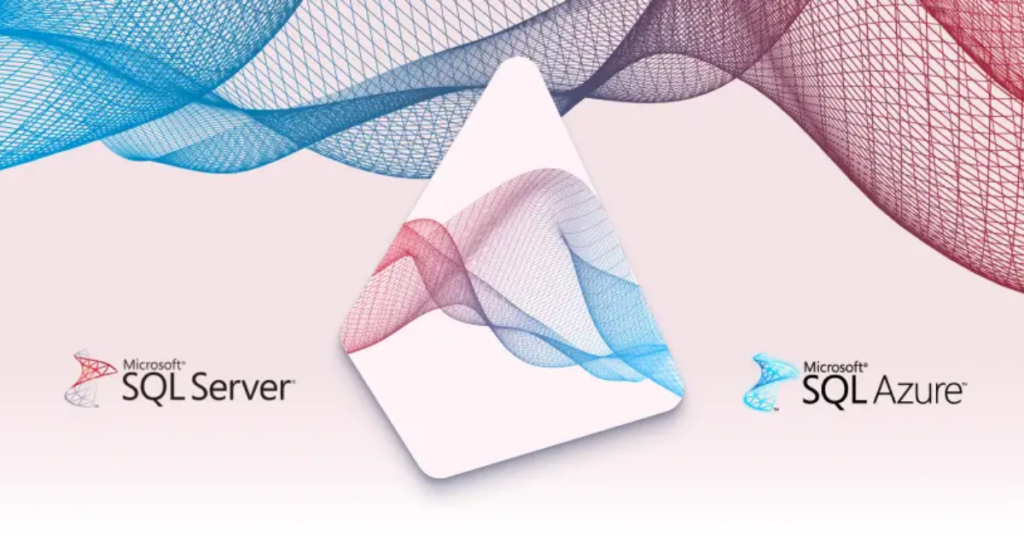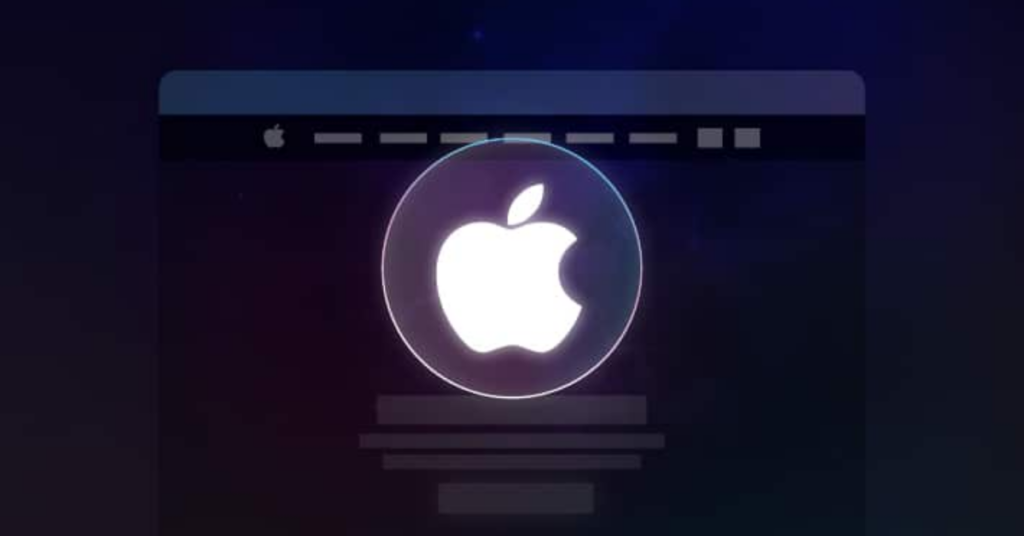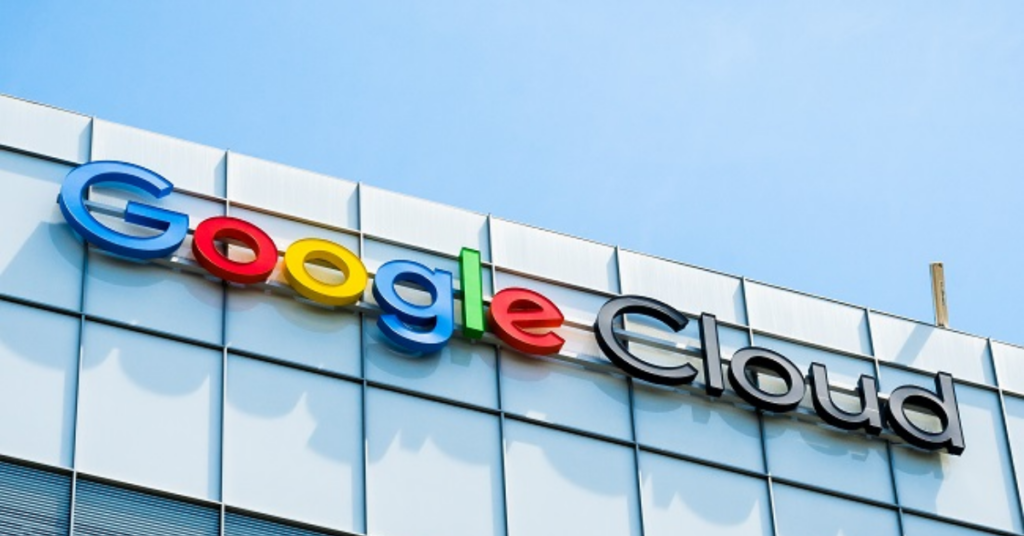Google Cloud has made a daring move in the quickly changing world of artificial intelligence, turning heads in IT. The software giant has been luring key executives from AWS and Microsoft. James Phillips, a former Microsoft executive who will manage Google Cloud’s AI division, is leading this strategy.
Phillips has extensive knowledge from his time at Microsoft, where he expanded Azure AI. His hiring shows Google Cloud’s desire to lead the AI race.
Aggressive Hiring Drive
This aggressive hiring drive goes beyond rearranging the tech industry. It’s part of Google Cloud’s strategy to strengthen its AI and cloud market position. Google wants to revitalise its AI programs and accelerate enterprise-focused AI solution innovation by bringing in new ideas and proven experience from competitors.
To the point: is this a game-changing play or a desperate catch-up?
The AI Industry Landscape
The AI industry is competitive, with OpenAI and Anthropic making substantial progress. Google fell behind in the AI arms race and faced public backlash despite its massive resources and past leadership in AI development. This talent acquisition strategy acknowledges this latency but also shows intent.
Investing in great talent doesn’t guarantee success. Tech graveyards contain firms that bought innovation. Google Cloud must foster talent and inspire substantial change, not merely hire it.
Integrating New Talent
Google must successfully use these new skills. Can they integrate these new leaders into their culture and processes? Can they bring their competitors’ accomplishments to Google? Most importantly, can they use this skill to innovate rather than just catch up?
These IT behemoth moves offer lessons for firms watching, especially mid-market ones. It emphasises AI’s role in business technology’s future. You risk slipping behind if you’re not thinking how AI can revolutionise your operations.
Innovation and Adaptation
Second, it emphasises diversity in invention. Even though most mid-sized organisations can’t poach top talent, smart hires, collaborations, and consultations can help them get new perspectives.
Finally, it reminds us that technology never stops. Even industry titans like Google must innovate and adapt.
This AI chess game shows Google’s aggressive moves. The execution will be the true test. Will these new additions help Google Cloud beat the competition, or will they struggle to combine talent?
One thing is certain: the AI revolution is transforming business rapidly. Adapt and innovate or risk falling behind, whether you’re a tech giant or a mid-sized company. In the high-stakes battle of AI dominance, Google Cloud’s talent gambit may pay off.




